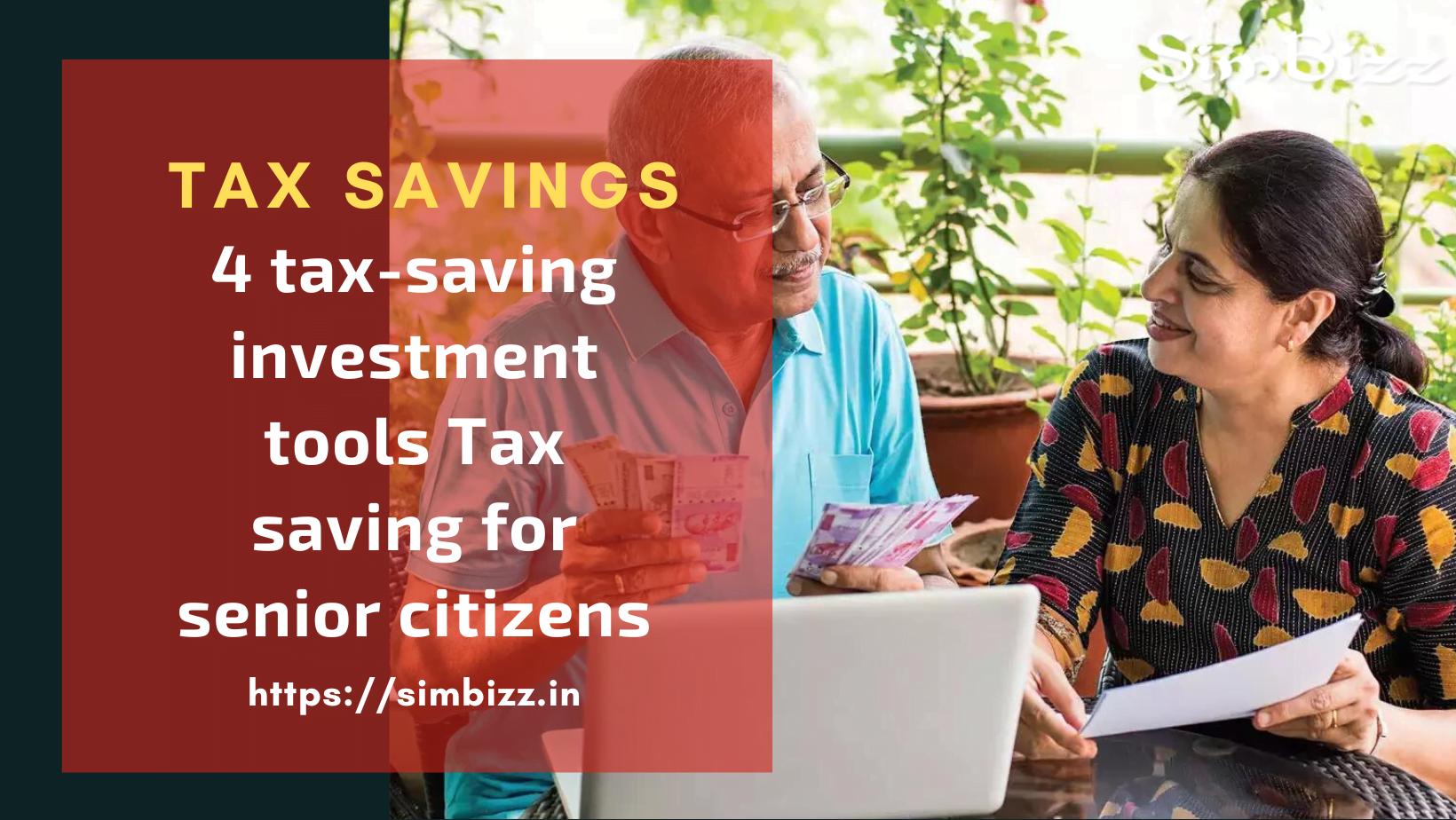Investing is not only a thing that should be done when you are young but senior citizens can also park their money in investment tools that not only offer risk-free returns but also allow tax deductions. It is ideal for an individual to commence their tax-saving at the beginning of a new fiscal year so as to fulfill personal financial objectives.
Another plus for senior citizens is that they can sometimes get better returns than normal people. Moreover, taxpayers can also opt for the new tax regime for FY 2022–2023 or continue with the old regime.
Here are five tax-saving options for elderly citizens that may be taken into account while investing in the current financial year:Income Tax: All you need to know about Annual Information Statement
1 – Tax-free bonds
This is a good investment tool for senior citizens who want returns that can outperform inflation and want to get a generous regular income. Backed by the government, the interest income on tax-free bonds is tax-free making it risk-free investments for individuals in higher tax brackets.
2- 5-Year Tax Saving Fixed Deposits
As the name implies, these tax-saving fixed deposits are a type of investment that come with a 5-year lock-in period. Premature withdrawals are not allowed under the scheme until the account has reached maturity. Under section 80C of the Income Tax Act of 1961, tax deductions on tax-saving fixed deposits are available up to Rs 1.5 lakhs per fiscal year.
Tax-saving FDs offer triple benefits, including risk-free returns, tax deductions, and deposit safety by DICGC. They generally offer flexible interest pay-out options, such as monthly, quarterly, or reinvestment, however, interest earned would be taxable based on your tax slab.
3- Senior Citizen Savings Scheme (SCSS)
This investment option offers tax benefits under section 80C with higher returns than tax-saving FDs. A person over the age of 60 can open a SCSS account at a post office by making a single deposit in the account in multiples of Rs 1,000 with a maximum deposit of Rs 15 lakh.
It must be noted that payments made under this scheme are eligible for tax benefits under section 80C. At present, it is offering a taxable interest rate of 7.4 per cent per year, higher than the fixed interest rates offered by banks.
It is a voluntary retirement savings scheme that allows subscribers to make defined contributions to secure their future in the form of a pension. Governed by the Pension Fund Regulatory and Development Authority, this investment scheme gives subscribers exposure to both equity and debt instruments. Moreover, it is an EEE instrument where the investor is given income tax exemption on maturity and the whole pension withdrawal amount.
It offers tax savings benefits under sections 80 CCD (1) and 80CCD(1B). Subscribers can make a minimum contribution of Rs 6,000 in a financial year. This can be paid as a lump sum or as monthly instalments of a minimum of Rs 500. The current interest rate range of NPS is 8-10 per cent.


